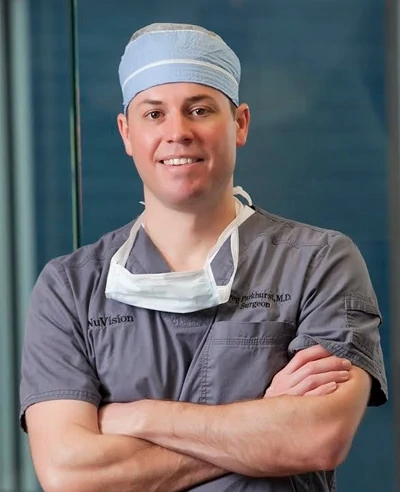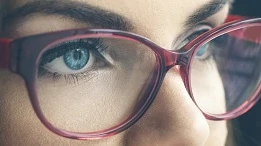Do Eye Doctors Get LASIK?
Often, the most powerful validation of an elective medical procedure, such as LASIK, occurs when eye doctors choose the procedure for him or herself.
Do eye doctors get LASIK surgery?
A recent study shows eye doctors are at least five times more likely than the general public to choose vision correction surgery for themselves. The study, featured in the Journal of Cataract and Refractive Surgery, surveyed 250 surgeons who perform LASIK. Of those, 62.6 percent said they have already undergone LASIK to correct their vision, and 91 percent said they have done it or recommended it to their immediate family members.

Do ophthalmologists get LASIK?
To underscore this point, one of the co-authors of the study, Dr. Gregory Parkhurst, an ophthalmologist in San Antonio, chose to have laser vision correction in 2003.
His reason? In order to do the work he was passionate about, the protection and restoration of vision and eye health, having excellent vision himself was mandatory. Ophthalmologists and eye doctors get LASIK surgery to help them improve their vision and be able to focus on caring for the vision of others.
“In ophthalmology and refractive surgery, we work constantly with microscopes and high-powered lenses in order to assess patients’ eyes with micron detail. There are scopes used for diagnostic purposes as well as during the specialized surgical work we perform on an almost daily basis requiring direct hand/eye coordination. Needless to say, glasses and contacts are not ideal for these circumstances and certainly do not provide the clear, sharp, and reliable vision I need in order to provide the best care possible to my patients.”
Fortunately for Dr. Parkhurst, LASIK vision correction was an option for his vision and eyes. Given he was training with those ophthalmologists who pioneered the LASIK procedure over 20 years ago, he had a better understanding than most of what to expect from the LASIK consultation and from the procedure.
“Knowing the risk of potential side effects and complications of LASIK are far less than those of daily contact lens use, I knew I was choosing the best option for my vision and eye health,” said Dr. Parkhurst. “Today, my vision is now what I would consider perfect for me. When I’m measured on the eye chart, it’s better than 20/20, it’s 20/15 vision, and I never wear glasses or contacts for anything.”

He credits his LASIK surgery with being able to participate in the important mission work he performs with colleagues who volunteer their time and skill in underdeveloped regions of the world, offering sight-saving care to those in need.
“These areas have very suspect water sources and hygiene for contact lens care is difficult. If I had to rely on contacts in order to see to do the work, I would be concerned about the safety of my eye health,” continued Dr. Parkhurst. “Having excellent vision without corrective lenses gave me the freedom to focus on caring for the vision of others who would continue to be blind if we didn’t do something about it.”
You can hear more about Dr. Parkhurst’s story and the study of surgeons and eye doctors choosing LASIK for their own vision in this news story here.
The Refractive Surgery Council keeps you informed with the most relevant and accurate information on vision correction. All articles are reviewed by the American Refractive Surgery Council Editorial Advisory Board and given the Refractive Surgery Council Verified Seal, this represents our promise that every word we share meets the highest standards in the field of refractive surgery.




